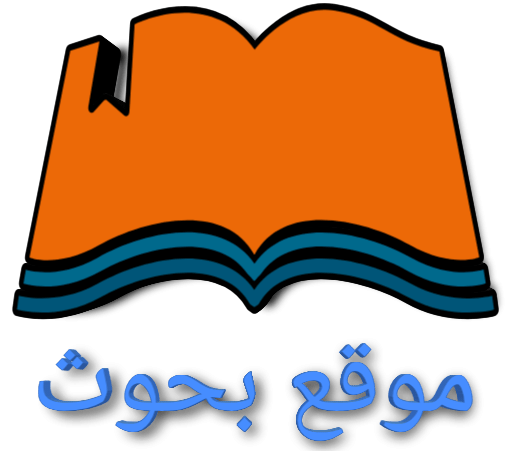
علاج المرضى في بيئة آمنة: دراسة مقطعية لمواقف الأطباء في قطاع غزة عن سلامة المرضى بين ، فلسطين pdf
ملخص الدراسة:
Background: Patient safety is important, as in increasingly complex medical systems, the potential for unintended harm to patients also increases. This study assessed the attitudes of doctors in the Gaza Strip towards patient safety and medical error. It also explored variables that impacted their attitudes. _x000D__x000D_
Methods: Doctors, working for at least 6 months in one of the four major government hospitals of the Gaza Strip, were invited to complete a 28-item, self-administered Arabic version of the Attitudes to Patient Safety Questionnaire III (APSQ-III); which assessed patient safety attitudes over nine domains, independent of the workplace._x000D__x000D_
Results: A total of 150 doctors from four government hospitals participated in this study, representing 43.5% of all 345 doctors working in the four study hospitals at the time of the study. The mean age was 36.6 (±9.7) years. The majority (72.7%) were males, 28.7% worked in surgical, 26.7% in pediatric, 23.3% in medical, 16.7% in obstetrics and gynecology, and 4.7% in other departments. Most participants (62.0%) had never received patient safety training. The overall APSQ score was 3.58 ± 0.3 (of a maximum of 5). The highest score was received by the domain “Working hours as a cause of errors” (4.16) and the lowest score by “Importance of Patient Safety in the Curriculum” (3.25). Older doctors with more professional experience had significantly higher scores than younger doctors (p = 0.003), demonstrating more positive attitudes toward patient safety. Furthermore, patient safety attitudes became more positive with increasing years of experience in some domains. However, no significant impact on overall APSQ scores was found by workplace, specialty or whether the participants had received previous training about patient safety. _x000D__x000D_
Conclusion: Doctors in Gaza demonstrated relatively positive patient safety attitudes in areas of “team functioning” and “working hours as a cause for error”, but neutral attitudes in understanding medical error or patient safety training within the curriculum. Patient safety concepts appear to be acquired by doctors via informal learning over time in the job. Inclusion of such concepts into formal postgraduate curricula might improve patient safety attitudes among younger and less experienced doctors, support behaviour change and improve patient outcomes.
توثيق المرجعي (APA)
خصائص الدراسة
-
المؤلف
Alfaqawi, Maha
Böttcher, Bettina
Abuowda, Yousef
Alaloul, Enas
Elnajjar, Ibrahem
Elhout, Somaya
Abu-El-noor , Mysoon
Abu-El-noor, Nasser
-
الناشر:
BMC Health Services Research
-
المصدر:
المستودع الرقمي للجامعة الإسلامية بغزة
-
نوع المحتوى:
Journal Article
-
اللغة:
English
-
محكمة:
نعم
-
الدولة:
فلسطين
-
النص:
دراسة كاملة
-
نوع الملف:
pdf

